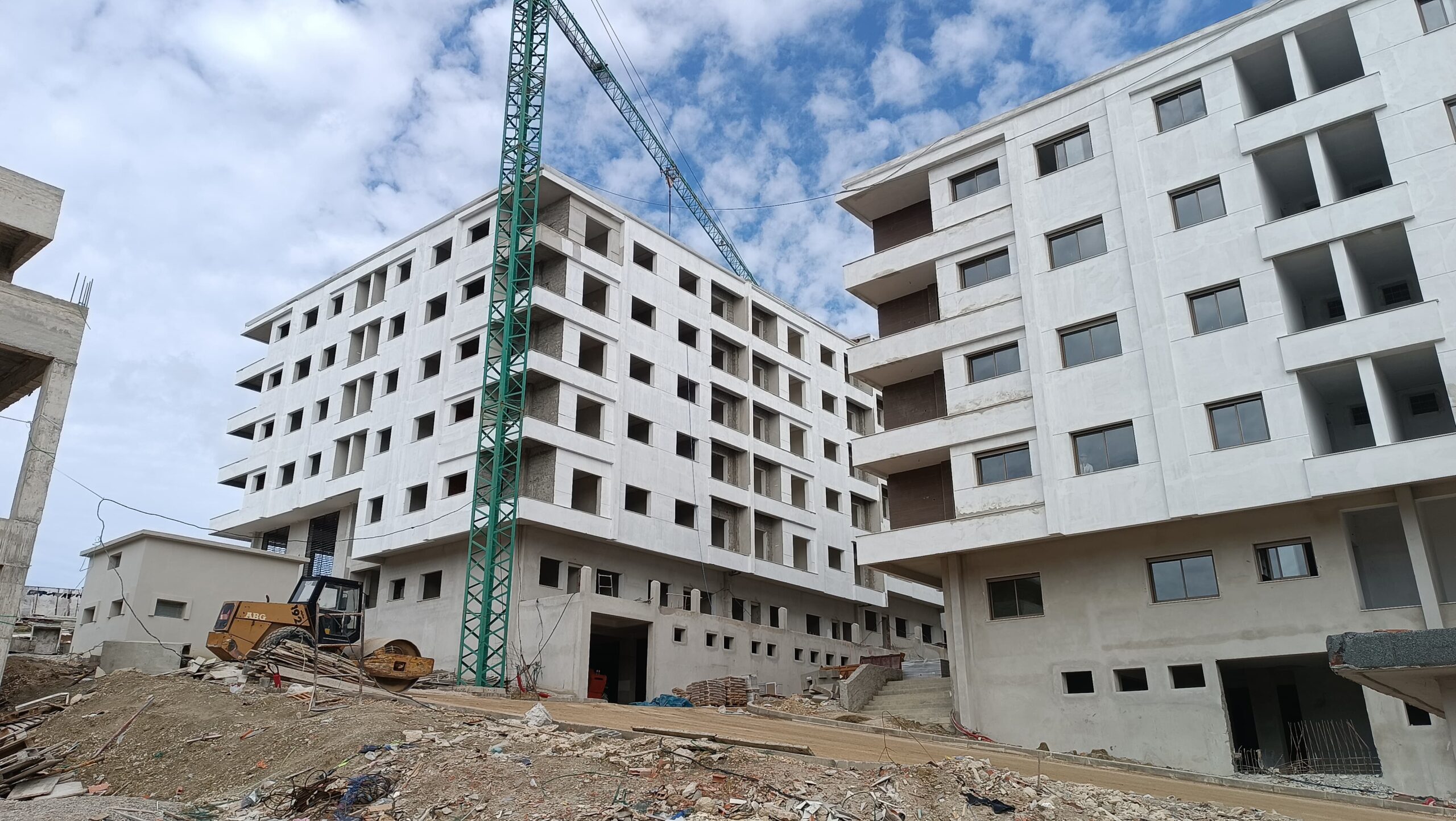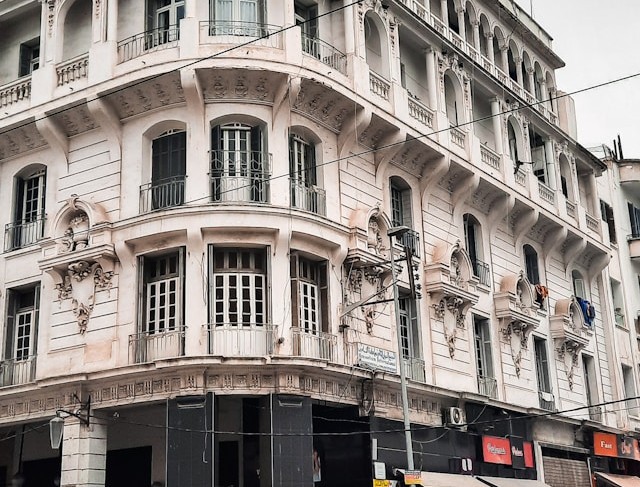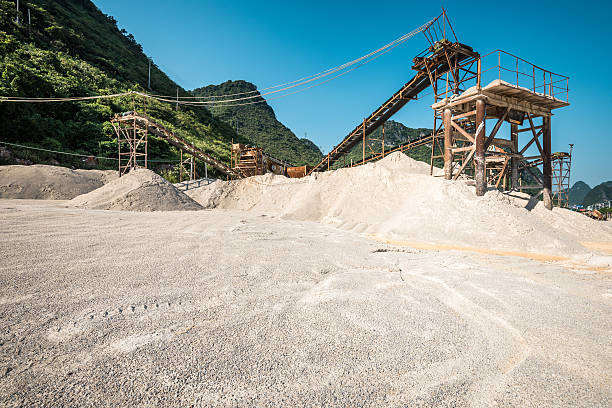Casablanca – Morocco has reaffirmed its status as one of Africa’s most advanced and resilient financial markets, securing the eighth position in the 2025 Absa Africa Financial Markets Index (AFMI). The latest edition of the report, released by Absa Group in collaboration with the Official Monetary and Financial Institutions Forum (OMFIF), places the Kingdom among the top ten out of 29 evaluated African markets—a position it has consistently maintained for several years.
Despite a slight decline in overall score, from 58 points in 2024 to 56 in 2025, Morocco’s performance continues to reflect strong fundamentals, robust governance, and a steady commitment to financial modernization and sustainable growth. The report evaluates African financial markets based on six key dimensions: market depth, access to foreign exchange, transparency, regulatory environment, legal standards and enforceability, macroeconomic stability, and pension fund development.
A deep and diversified financial market
Morocco continues to excel in the market depth category, scoring 61 out of 100—a result that places it second in Africa, behind only South Africa. This performance underscores the maturity and diversity of Morocco’s financial ecosystem, marked by an expanding stock exchange, an active bond market, and a broadening array of investment instruments.
The report also highlighted the launch of a new futures market in 2025 as a key milestone for the Kingdom’s financial sector. This initiative, which allows investors to hedge against risks and enhance liquidity, represents a strategic step toward deepening Morocco’s capital markets and aligning them with global financial practices.
However, while the local bond market is relatively advanced, the index noted areas for improvement—particularly in secondary market liquidity and bond turnover rates, which remain below those of leading African peers such as South Africa and Mauritius.
Transparency and governance: A regional benchmark
One of Morocco’s strongest areas of performance lies in transparency and governance, where it achieved 85 points, ranking among Africa’s top ten. This reflects the Kingdom’s adoption of international accounting and disclosure standards, as well as a sophisticated tax and regulatory environment.
The report commended Morocco’s growing commitment to ESG (Environmental, Social, and Governance) principles and green finance, noting the integration of sustainability criteria across financial institutions and regulatory frameworks.
In 2024–2025, Morocco introduced a sovereign sustainability-linked bond framework, paving the way for the issuance of bonds tied to environmental and social development objectives. This move not only aligns with global trends in responsible investment but also strengthens the country’s position as a regional leader in sustainable finance.
Challenges in legal framework and currency access
While Morocco’s market structure is strong, the report pointed out persistent challenges in the legal standards and enforceability pillar, where the country scored 25 out of 100, ranking 21st in Africa. The findings highlight the need to reinforce judicial efficiency, enhance contract enforcement, and strengthen arbitration mechanisms—key factors for investor confidence and market efficiency.
In the foreign exchange access category, Morocco’s score declined to 56 points, reflecting reduced interbank liquidity and tighter reserves amid global financial volatility and monetary tightening. Nonetheless, the country continues to demonstrate exchange rate stability, supported by a prudent monetary policy and careful reserve management. Morocco’s foreign currency reserves currently cover 5.2 months of imports, ensuring a strong external position despite shifting global trade dynamics.
Macroeconomic stability and pension fund development
The index awarded Morocco 72 points for macroeconomic stability, driven by moderate inflation levels, a resilient banking sector, and relative fiscal discipline. However, the report cautioned that the trade deficit and energy import costs continue to weigh on public finances, requiring sustained efforts in export diversification and renewable energy expansion.
In terms of pension fund development, Morocco scored 37 out of 100, placing it mid-tier among African economies. The report noted that while the pension system remains stable, it faces constraints in asset diversification and investment opportunities, suggesting room for deeper reform to mobilize long-term domestic capital.
Regional comparison and outlook
At the continental level, South Africa once again dominated the rankings with 86 points, followed by Mauritius (76 points), Uganda (66 points), Nigeria (65 points), and Namibia (64 points). Botswana, Ghana, Morocco, Kenya, and Zambia complete the top ten—a group that collectively represents Africa’s most developed and globally connected financial markets.
Despite its small decline in score, Morocco remains a pillar of financial stability and innovation in North Africa, thanks to a balanced policy mix, consistent market reforms, and a clear vision for sustainable economic growth.
The Absa Africa Financial Markets Index 2025 underscores Morocco’s continued evolution into a structured, transparent, and globally integrated financial center. With ongoing reforms in financial instruments, governance, and sustainability, the Kingdom is well-positioned to strengthen its influence across the continent—provided it continues to modernize its legal framework and deepen market liquidity.
Morocco’s 2025 ranking reaffirms its reputation as one of Africa’s most promising and stable financial markets—anchored in transparency, innovation, and long-term sustainability. As it advances its green finance agenda and modernizes its regulatory environment, the country is poised to further consolidate its role as a regional hub for investment and financial development in the years ahead.
















